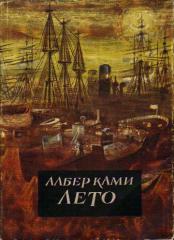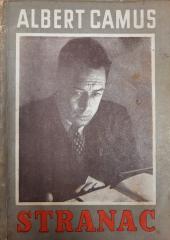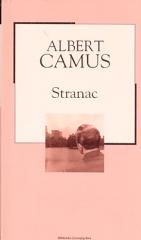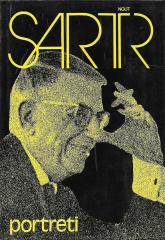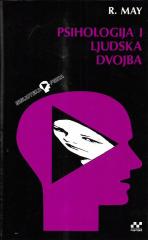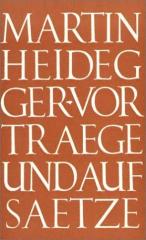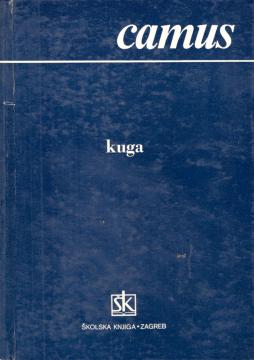
Kuga
Philosophical novel set in the Algerian city of Oran, which is affected by a plague epidemic. The work, written in the form of a chronicle, explores the human reaction to suffering, the absurdity of life and the search for meaning in crisis, reflecting Ca
The story begins when Dr. Bernard Rieux notices the first signs of the plague – dead rats in the streets. Soon the disease spreads, and Oran is isolated from the world. Through Rieux’s eyes, we follow the various characters and their responses to the crisis: the journalist Raymond Rambert tries to escape to return to his loved one; the priest Paneloux seeks a religious explanation; Jean Tarrou, an idealist, organizes resistance against the plague; while Joseph Grand, a humble clerk, symbolizes quiet perseverance. Each character represents a different attitude towards absurdity and evil.
The plague becomes a metaphor for evil in the world, including war, totalitarianism, and mortality itself. Camus emphasizes that evil cannot be completely resisted, but that the fight against it – even without final victory – is what makes a person human. Rieux, although aware of the absurdity, chooses solidarity and action, rejecting despair.
The novel is rich in symbolism, and Camus’s language is restrained but powerful, creating an atmosphere of claustrophobia and hope. The Plague is not just a story about an epidemic, but a universal meditation on courage, togetherness, and resistance in the face of the inevitable. The work remains relevant, encouraging readers to reflect on moral choices in times of crisis.
One copy is available
